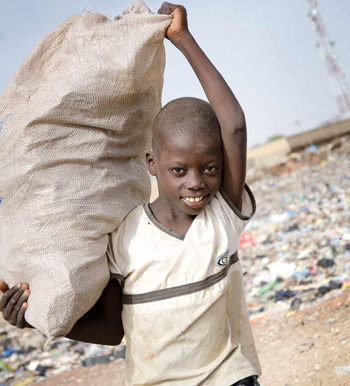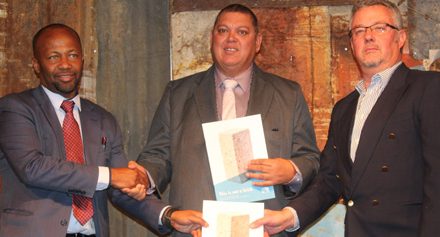
SADC’s poverty, inequality continues to exacerbate child labour practises – official

Child labour in southern Africa continues to be of serious concern due to the persistence of poverty, inequality and other developmental challenges despite the strides made, an official said on Wednesday.
Southern African Development Community(SADC) Executive Secretary, Stergomena Lawrence Tax said this in a statement as the region joined the world in commemorating the World Day Against Child Labour today, under the theme; “children shouldn’t work in fields but on dreams”.
“High decent work deficits in the region, characterized by high informal employment and a large proportion of the working poor of around 50 percent, means that many children are susceptible to child labor as a way of supplementing household incomes,” she said.
According to Tax this is mostly the case in the agricultural sector, which is the region’s leading source of employment.
Tax said SADC affirms its commitment to ensure that quality education and skills development become the means by which children realize their dreams and entitlements for a better and productive adulthood.
“As a region, we commit to make our fullest contribution towards this urgent and most noble target so that children in SADC and beyond can have the full opportunity to work on their dreams,” she said.
Furthermore, she said SADC recognizes that greater progress in the fight against child labour can only be realized in combination with inclusive economic growth, in a context where labour markets can provide sufficient jobs and income security for those of working age.
Tax said the SADC Decent Work Agenda (2013-2019) continues to place eradication of child labour at the center of its efforts to enhance living standards and the quality of life of the youth.










































